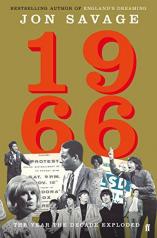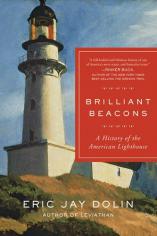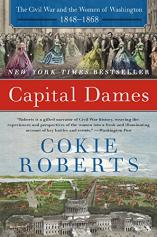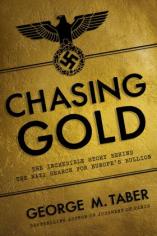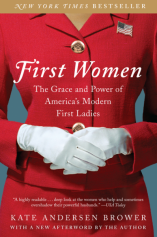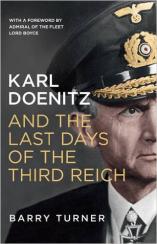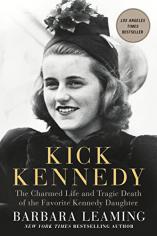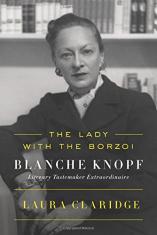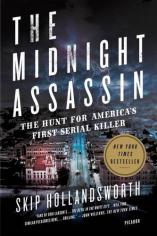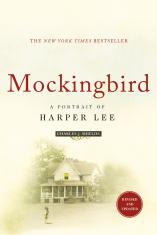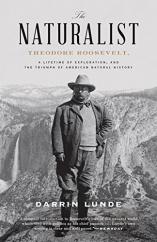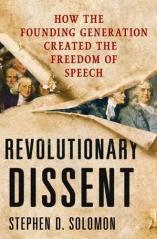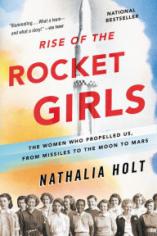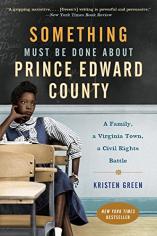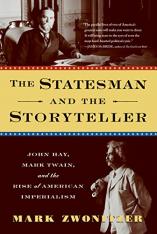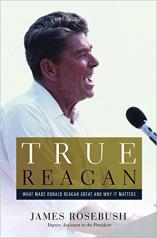April 2016
History Books Roundup: Reliving the Past
April 2016

April's roundup of History titles includes Nathalia Holt's RISE OF THE ROCKET GIRLS, the riveting true story of an elite group of young women who, with only pencil, paper and mathematical prowess, transformed rocket design, helped bring about the first American satellites, and made the exploration of the solar system possible; THE NATURALIST, Darrin Lunde's captivating new account of how Theodore Roosevelt’s lifelong passion for the natural world set the stage for America’s wildlife conservation movement and determined his legacy as a founding father of today’s museum naturalism; BRILLIANT BEACONS, an epic history from Eric Jay Dolin that traces the evolution of America's lighthouse system from its earliest days, highlighting the political, military and technological battles fought to illuminate the nation's hardscrabble coastlines; and TEXAS RANGER by John Boessenecker, the first biography to tell the full story of Frank Hamer, the lawman who killed Bonnie and Clyde.

